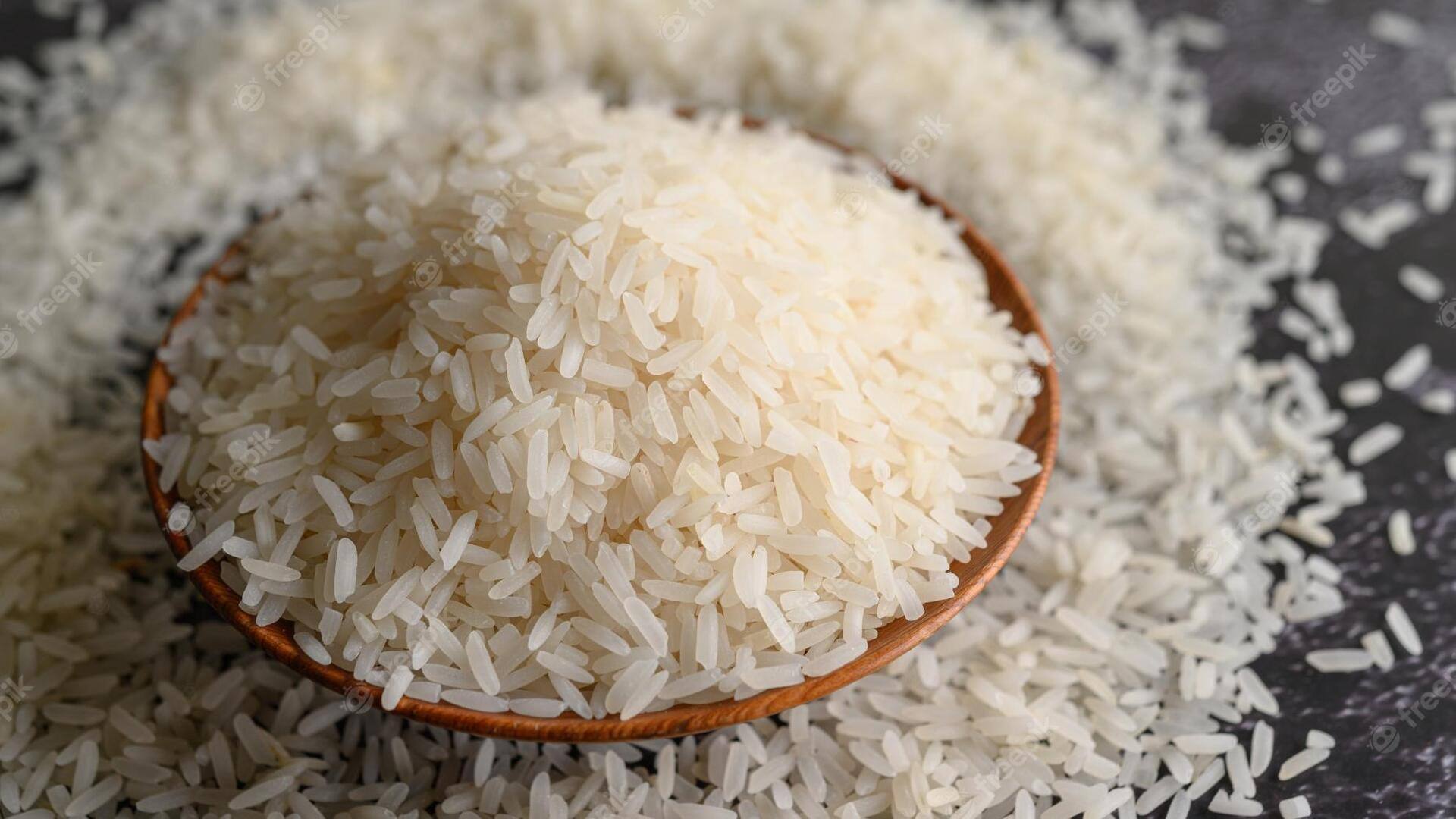
India imposes 20% export duty on parboiled rice
What's the story
India has implemented a 20% export duty on parboiled rice in an effort to stabilize domestic prices and increase inventory, amid ongoing inflation and rising costs. Since April, parboiled rice prices have surged 19% in India and 26% internationally. This move follows recent export restrictions on non-basmati broken rice and white rice. They have significantly impacted economically disadvantaged people in countries like Bangladesh and African nations that rely on these affordable, filling varieties.
Details
Global rice prices spike
The export ban has caused global rice prices to spike by 15-25%, prompting West African countries to switch to Indian parboiled rice for their domestic consumption needs. This is due to higher price quotes from competing nations such as Thailand, Pakistan, and Vietnam making their products less appealing. As a result, India's parboiled rice exports have risen to roughly 3.1 million metric tons during the present fiscal period, compared to 2.58 million metric tons in the previous financial year.
What Next?
Export restrictions impact disadvantaged populations
Despite the challenges faced by economically disadvantaged populations abroad, the increase in our parboiled rice exports suggests that the government's measures may be having some effect on stabilizing prices and bolstering domestic inventory. However, the repercussions of these export restrictions have been felt most acutely by countries such as Bangladesh, Nepal, Benin, Senegal, Togo, and Mali, which mainly import cost-effective and highly satiating varieties of rice.
Insights
Retail inflation and India's rice trade share
Retail inflation in rice rose to 12.96% in July, up from 12% in June and 4.3% in July 2022. India currently holds a 25-30% share of the world parboiled rice trade, with all-India average retail parboiled rice available at Rs. 37-38 per kg and Rs. 92-93 for basmati rice. Traders report free-on-board (FoB) parboiled rice prices are around $500 per ton and $1,000 per ton for basmati varieties.